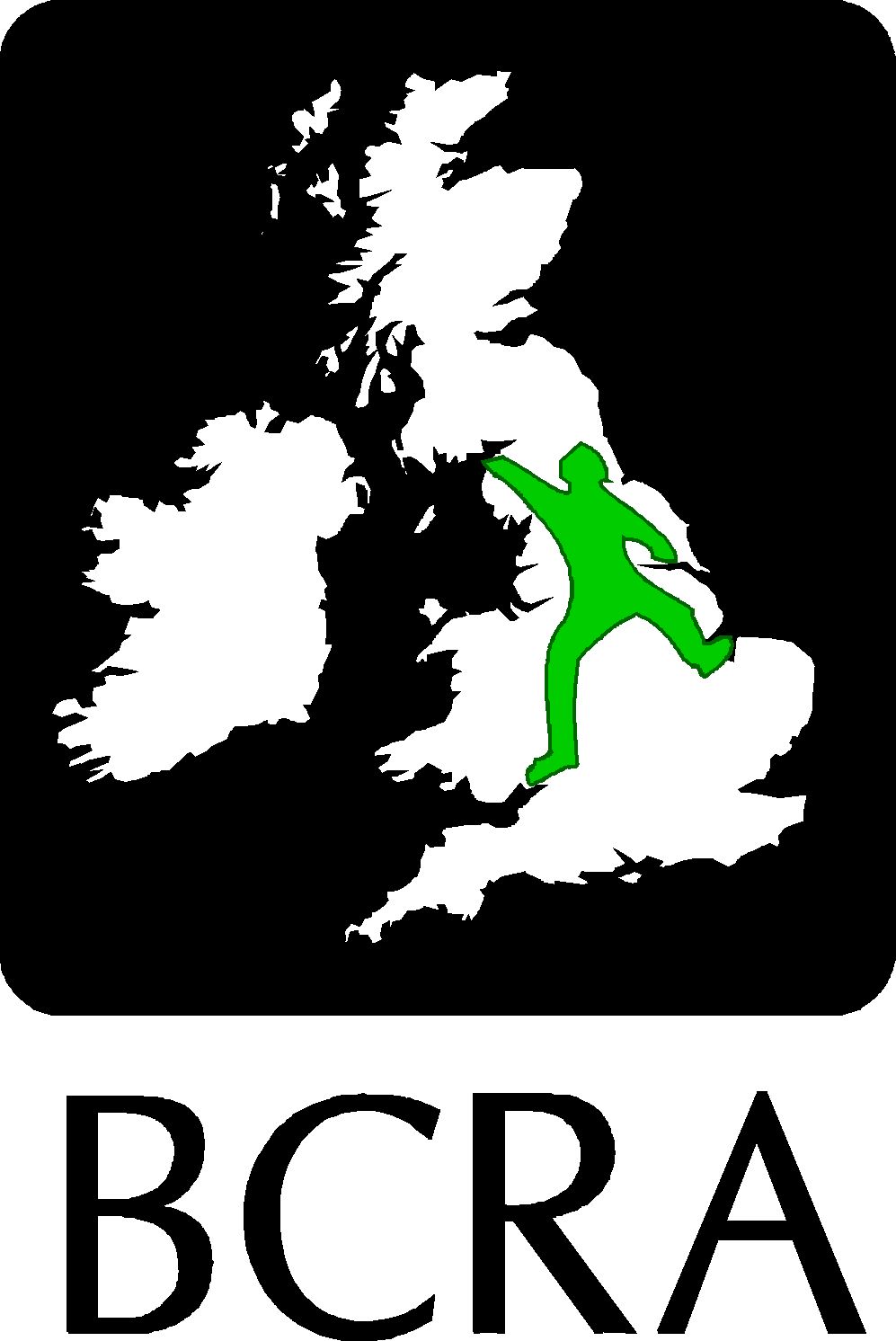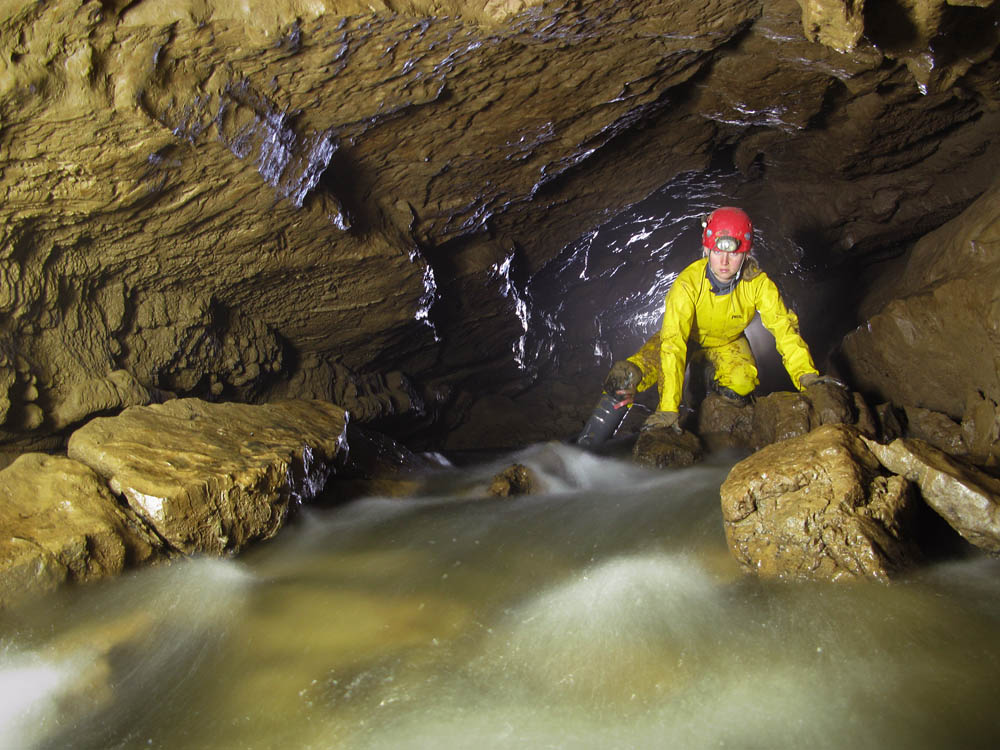National in this case would mean splitting into England, Scotland, Wales and Northern Ireland.The insurance is national, isn't it? Or do you mean something else?
Competitive pricing is good, but insurance is absolutely not required to go caving (in some areas at least; I don't speak for areas I'm not familiar with). For example in the Dales we are now encouraged to assume we have a right to access caves on "access land".
I'm not sure what you mean by "wouldn't it be better if regional councils spent the money" - I think that's what I was acknowledging in my post, and I can't see another mention of it.
In what sense regulated? Several people on here are adamant that the BCA is a national body, and specifically not a regulatory body. What is there to regulate?
Insurance is required for white scar in dales and DYO in south Wales to name just two...
3rd para is a rhetorical restating of your question, followed by his response
BCA regulates commercial caving







